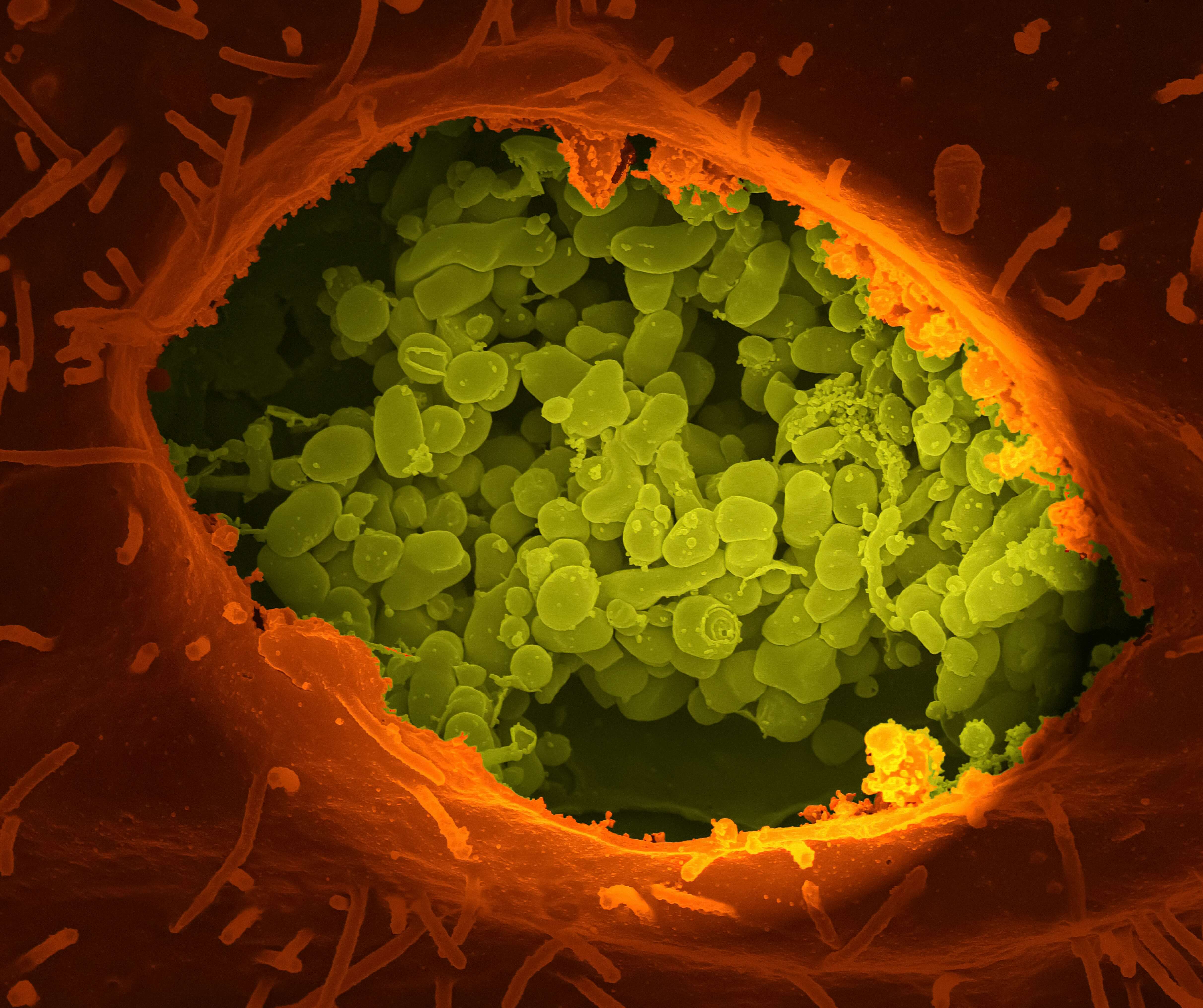The link between gut health and diarrhea is crucial to understand for maintaining overall well-being. Essentially, the gut plays a pivotal role in the digestive process, where food is broken down, nutrients are absorbed, and waste is eliminated.
When the balance of microorganisms in the gut, known as the gut microbiota, is disrupted, it can lead to various digestive issues, including diarrhea. Here’s how it works:
Role of Gut Microbiota
The gut microbiota consists of trillions of bacteria, fungi, and other microbes that reside in the digestive tract. These microbes play a crucial role in digestion, nutrient absorption, and immune function.
Imbalance Leading to Diarrhea
When there is an imbalance in the gut microbiota, typically with an overgrowth of harmful bacteria or a reduction in beneficial bacteria, it can disrupt the normal functioning of the digestive system. This imbalance can lead to inflammation, irritation of the gut lining, and an increase in fluid secretion in the intestines, all of which contribute to diarrhea.
Disruption of Gut Barrier
A healthy gut has a protective barrier that prevents harmful substances, such as toxins and pathogens, from entering the bloodstream. However, when the gut microbiota is imbalanced, this barrier can become compromised, allowing these harmful substances to pass through, triggering an immune response and inflammation, which can manifest as diarrhea.

How does bad gut health cause diarrhea?
1. Imbalance of Gut Microbiota
The gut is home to trillions of microorganisms, including bacteria, viruses, and fungi, collectively known as the gut microbiota. A healthy balance of these microorganisms is essential for proper digestion and absorption of nutrients. When the balance is disrupted (a condition known as dysbiosis), harmful bacteria can outnumber beneficial bacteria, leading to gastrointestinal issues such as diarrhea. Dysbiosis can be caused by factors like:
- Antibiotic use: Antibiotics can kill beneficial bacteria along with harmful ones.
- Poor diet: High intake of processed foods, sugars, and low fiber can negatively impact gut microbiota.
- Stress: Chronic stress can alter gut microbiota composition.
2. Inflammation
Poor gut health can trigger inflammation in the gastrointestinal tract. Inflammatory bowel diseases (IBD) like Crohn’s disease and ulcerative colitis are characterized by chronic inflammation of the gut lining. This inflammation disrupts normal digestion and absorption, leading to symptoms such as diarrhea. Inflammation can be caused by:
- Infections: Bacterial, viral, or parasitic infections can inflame the gut.
- Autoimmune responses: The body’s immune system attacking the gut lining.
3. Malabsorption
Bad gut health can impair the small intestine’s ability to absorb nutrients properly, a condition known as malabsorption. This can lead to the presence of unabsorbed nutrients in the intestines, which draw water into the bowel and cause diarrhea. Conditions that cause malabsorption include:
- Celiac disease: An autoimmune disorder triggered by gluten ingestion, leading to damage in the small intestine.
- Lactose intolerance: Inability to digest lactose due to lack of the enzyme lactase.
4. Irritable Bowel Syndrome (IBS)
IBS is a functional gastrointestinal disorder characterized by a group of symptoms including abdominal pain, bloating, and changes in bowel habits. IBS can manifest as IBS-D (diarrhea-predominant). The exact cause of IBS is not fully understood, but it’s believed to involve:
- Gut-brain axis dysfunction: Miscommunication between the gut and the brain.
- Altered gut motility: Faster movement of food through the digestive tract.
- Sensitivity to certain foods: Triggering symptoms in sensitive individuals.
5. Infection and Toxins
Infections from pathogens like E. coli, Salmonella, and norovirus can directly cause diarrhea by producing toxins that irritate the gut lining and disrupt normal absorption. These infections can come from:
- Contaminated food or water
- Poor hygiene
6. Medication Side Effects
Certain medications can negatively impact gut health and cause diarrhea. Common culprits include:
- Antibiotics: Disrupt gut microbiota.
- Nonsteroidal anti-inflammatory drugs (NSAIDs): Can irritate the gut lining.
- Chemotherapy drugs: Can affect rapidly dividing cells, including those in the gut.
7. Poor Diet
A diet low in fiber and high in processed foods can harm gut health. Fiber is essential for healthy bowel movements, and a lack of it can lead to digestive issues, including diarrhea. Additionally, excessive consumption of artificial sweeteners like sorbitol and mannitol can have a laxative effect.

